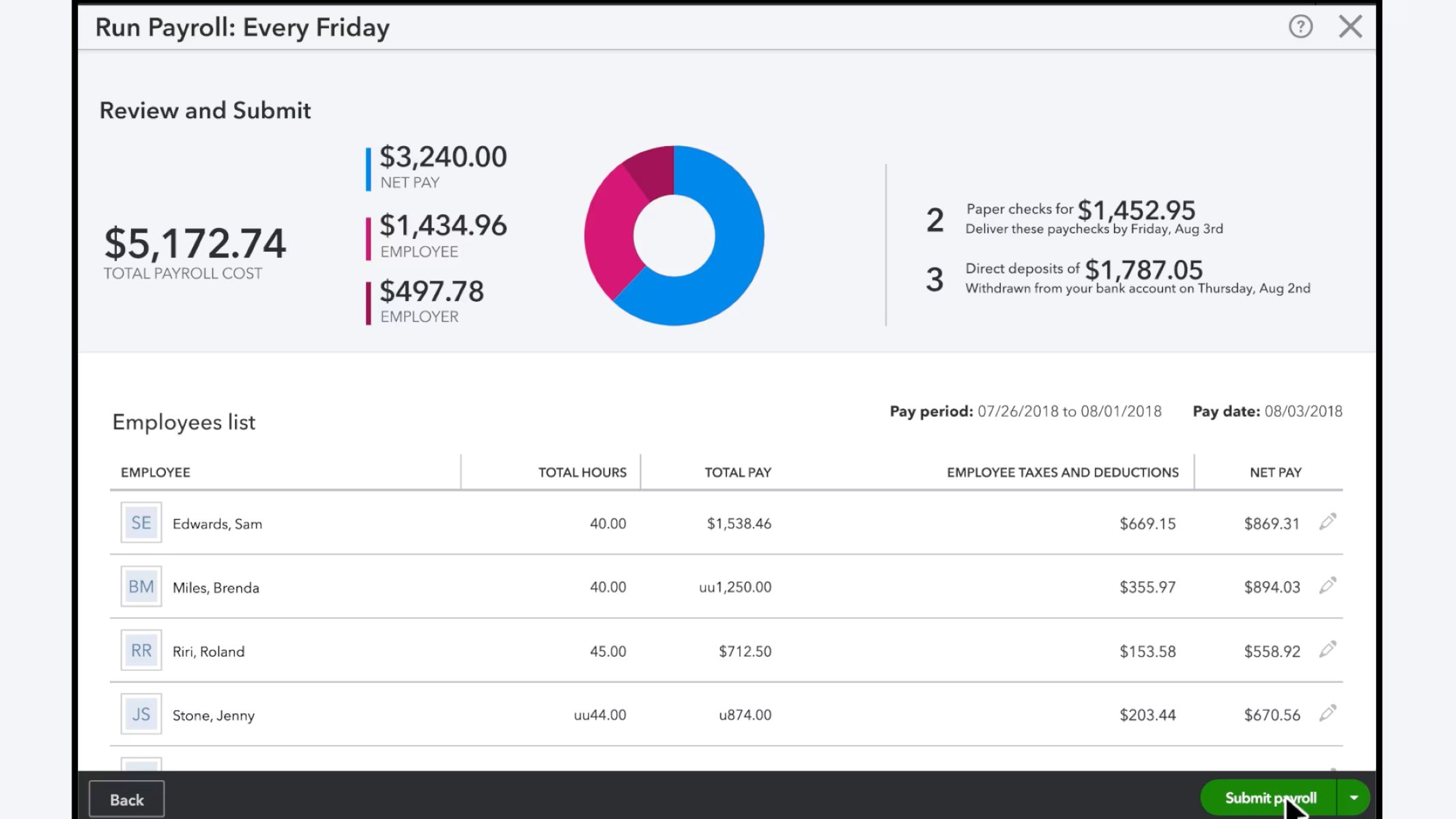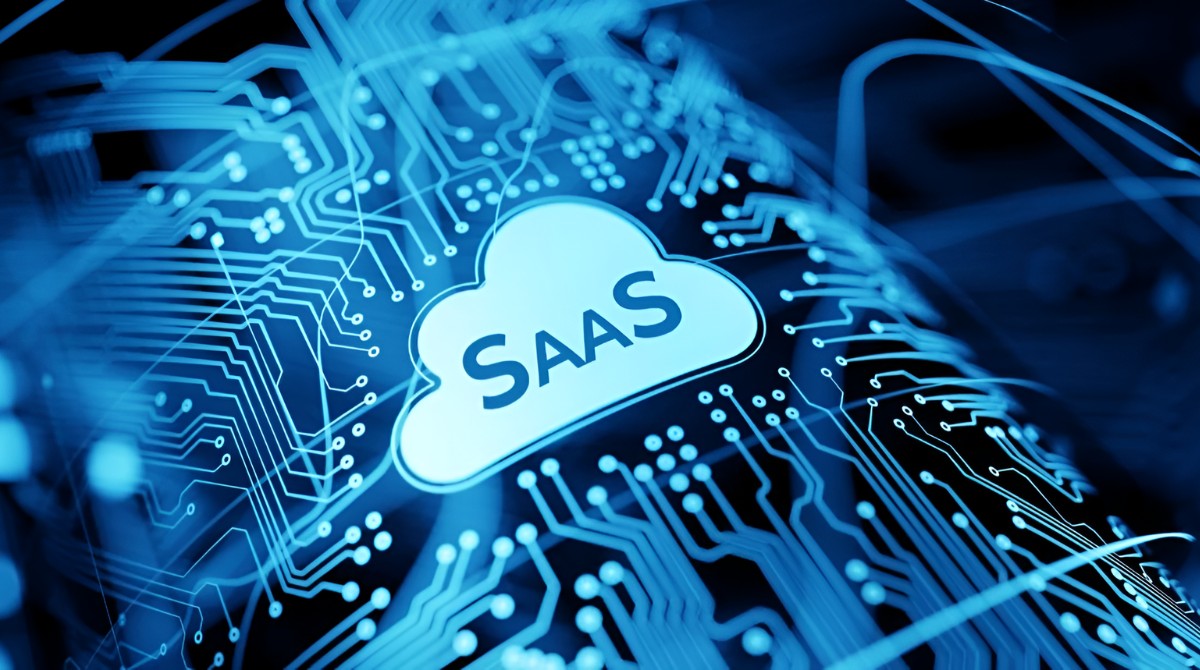In the world of human resources (HR), the everyday grind often means dealing with a ton of paperwork and mundane tasks. Imagine HR professionals buried under stacks of paperwork, answering countless benefits questions, and handling the complexities of hiring new employees. It’s a tough job, for sure!
This constant struggle has left HR departments feeling overwhelmed and short-staffed. That said, the good news is that there’s hope on the horizon, which is HR management software automation. It’s an innovative approach that aims to transform how HR teams work, offering a helping hand to those drowning in routine tasks.
It won’t be an exaggeration to refer to HR automation as a lifeline for the HR department associated with any organization. It frees up their time and lets them focus on more important things, such as working on success strategies. No more digging through piles of paperwork or drowning in administrative work; HR automation is undeniably a smarter and more cost-effective way to handle HR duties.
Imagine an HR realm where professionals are liberated from the monotonous chore of routine tasks. In this dynamic space, they have the bandwidth to craft an extraordinary workplace culture and pioneer ingenious approaches to unearthing new talent. This is where the magic of HR automation truly shines!
In this article, we’ll discuss HR management software automation at length and which HR tasks can and should be automated. We’ll also look at how it’s changing the way HR works, making them more efficient and agile. So, let’s dive into the world of HR automation and find out how it can unlock your HR team’s true potential.
HR Operations Eligible and Recommended for Automation
In today’s technology-driven world, it’s essential to explore HR tasks that are both suitable and advisable to automate, such as the following:
Payroll Simplification
Let’s start with payroll, a task that can be time-consuming and prone to errors when done manually. When you automate your payroll system, you’re shifting from manual processing to using HR and payroll software that can handle it all more efficiently. It’s not just about saving time; it’s about reducing the risk of errors that can occur with manual processing.
Automating payroll doesn’t mean you need to reinvent the wheel. There are plenty of HR and payroll software options available for companies of all sizes, such as QuickBooks, PayChex, or ADP. The benefits of automating payroll are numerous, which typically include:
- Precise Calculations: Automation takes care of calculating taxes, deductions, overtime, commissions, and other variables accurately, eliminating human error.
- Streamlined Record-Keeping: Both the IRS and the US Department of Labor require specific retention periods for tax and payroll records. Automation ensures that these records are well-maintained and easily accessible, simplifying audits.
- Improved Time Management: Automation certainly reduces errors associated with manual recording of hours worked or time-off requests, helping you avoid over- or underpaying your employees.
Streamlined Onboarding and Recruitment
Recruiting and onboarding new employees often involves managing extensive paperwork, including resumes, job descriptions, tax forms, and more. These processes typically rely on paper-based documentation and handoffs between various departments, which can lead to delays and document loss.
Automating your recruitment and onboarding processes can enhance the experience by reducing human errors, preventing document loss, and improving visibility across departments. Integrating AI applications into your HR automation can further enhance the process, with HR chatbots guiding new employees and addressing their queries.
Efficient Time Management
When it comes to tracking employee hours, manual methods often lead to inaccuracies. Employees might input their hours at the end of the week on spreadsheets or through handwritten notes. Unfortunately, memory lapses and unexpected events can result in inaccurate time reporting.
To address this issue, digital time-tracking solutions offer a more reliable alternative. Implementing tools like biometric time clocks or requiring employees to log their hours on a dedicated platform can significantly reduce the margin for error.
Benefits Administration (Made Easy)
Employee benefits are subject to constant change due to various factors, including life events, new hires, and open enrollment periods. Managing these benefits manually, especially with paper documents, can be challenging.
Implementing an automated benefits platform simplifies the process by:
- Automating benefit eligibility checks
- Educating employees about available benefits during enrollment
- Allowing employees to make modifications based on life-changing events
- Streamlining open enrollment and onboarding processes
Effective Records Management
Beyond compliance with IRS and US Department of Labor guidelines, automating records management offers a range of benefits. It eliminates the need to sift through years of paperwork to access specific documents, provides instant access to information, enhances transparency, efficiency, and accountability, and frees up physical storage space.
Streamlined Evaluations
Employee evaluations are a crucial aspect of performance management. Yet many companies struggle with ineffective evaluation structures, often relying on annual reviews that lack depth and accuracy.
Creating a streamlined, automated evaluation process allows for continuous feedback and progress tracking throughout the year. It helps employees understand their roles, enables managers to monitor performance effectively, and encourages collaboration within the organization.
Tax Documents and Compliance
Tax compliance is a complex area that can become even more challenging as your business grows. Automating tax documentation and using cloud-based services can help you scale efficiently while ensuring accurate tax calculations and up-to-date information on tax requirements and rates, both locally and globally.
Conclusion
HR automation (typically through online HR software) represents a significant leap forward in the world of HR management. It goes beyond just streamlining processes; it fundamentally transforms how HR departments operate. By automating tasks like payroll, benefits administration, and record-keeping, HR professionals can redirect their efforts towards strategic initiatives and nurturing a thriving workplace culture.
The advantages of HR automation are numerous, from precise calculations and improved time management to efficient onboarding and better evaluation processes. It also ensures compliance with tax regulations and enhances transparency through effective records management.
As businesses continue to evolve in the digital age, embracing HR automation is not just a choice; it’s a strategic imperative. It empowers HR teams to unlock their true potential, fostering a more efficient, agile, and impactful HR department that contributes significantly to overall organizational success. So, don’t just keep up with the times—lead the way with HR automation!

























